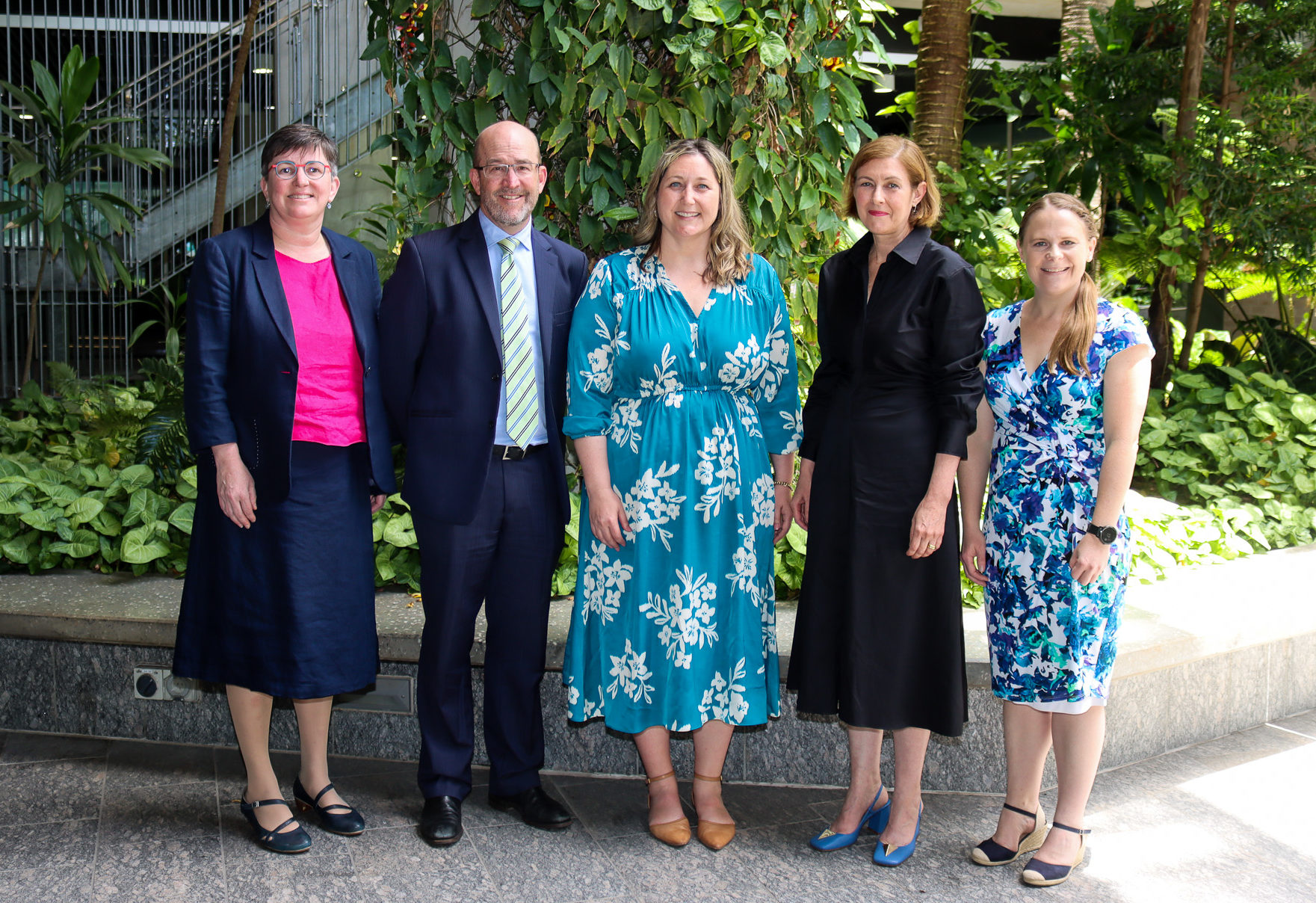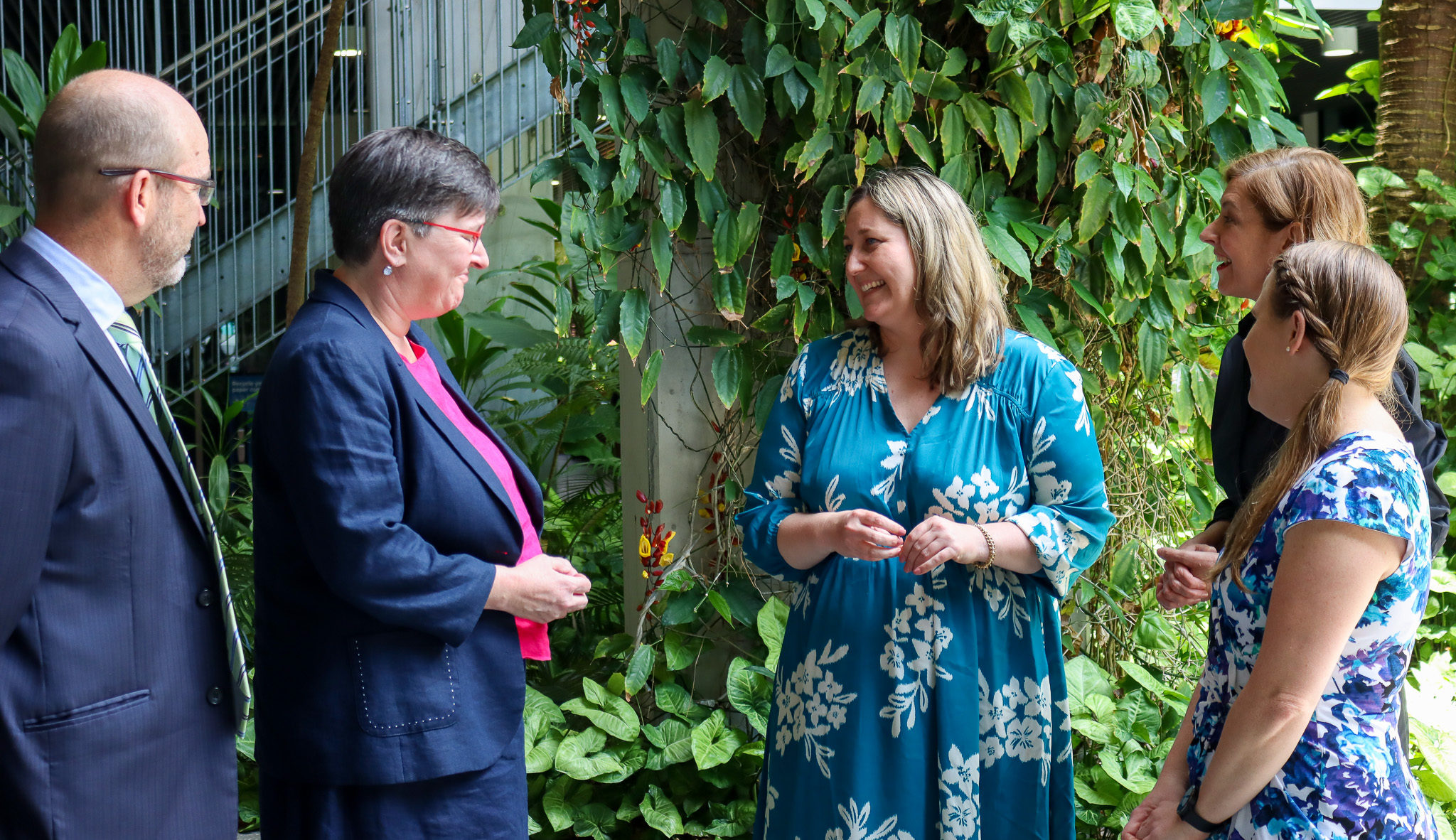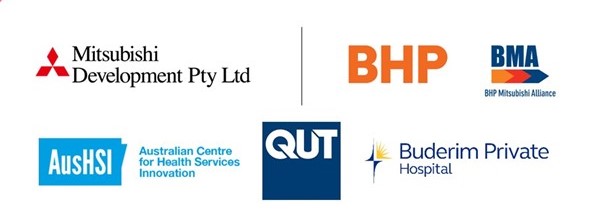
Navicare's 1st Anniversary | NHMRC Funding to Continue Supporting Rural and Remote Mental Health Program
Unfortunately, mental health disorders have been on the rise across Australia, and the past five years has seen a doubling of mental health crisis calls to Queensland Police and Ambulance services, which has been exacerbated by the COVID-19 pandemic.
Sadly, suicide rates are almost double in rural and remote areas compared with the rest of Australia, according to the Australian Institute for Health and Welfare. Access to primary, acute and specialist care is limited in rural areas, and distance, cost, cultural barriers, difficulty finding qualified and experienced healthcare staff, and concerns about stigma all act as barriers to receiving good quality mental health care.
Mental health services are notoriously difficult to navigate, and many have strict eligibility criteria or long waiting lists, meaning that people often fall through the cracks, unable to find a suitable provider.
The Isaac Navicare service was officially launched on 9 November in 2021 at the Moranbah Youth & Community Centre to try and address this mental health crisis.
The local community members, service providers, government and local businesses in the Bowen Basin are committed to improve the mental health of the community. Navicare facilitates access to timely, appropriate, and affordable mental health care for rural and remote Queenslanders.
Who is Navicare Helping?
- 3 – 73 years of age
- 1 in 3 clients aged <18 years
- 1 in 3 clients report self-harm or suicidal ideation and half of those reporting self-harm or suicidal ideation are <18 years
- 1 in 4 adult clients work in mining / construction
- 7 out of 10 clients state the cost of psychology services prevents access
- 1% of clients report having a disability
- 8% of clients identify as Aboriginal and/or Torres Strait Islander Peoples
- 1 in 4 clients have experienced significant delays in accessing a Mental Health Treatment Plan prior to accessing NaviCare
- 2 out of 3 clients are female
- 4% of clients have complex psychiatric conditions e.g., Bipolar Disorder
- 8% of clients have a neuropsychiatric disorder such as Autism Spectrum Disorder
- 1 in 10 inquiries come from outside of the Isaac region

Over the past 12 months since commencing the service, Navicare has now reached full capacity. Over 200 people within the community have been linked with vital mental health support over the past 12 months through Navicare.
Additional hubs and Mental Health Care Navigators are desperately needed in other locations to further increase availability and accessibility of mental health support.
QUT and Wesley Research Institute plan to expand the service to three Bowen Basin communities under a recently announced $780,000 National Health and Medical Research Council (NHMRC) Partnership Project.
This will improve access to appropriate and timely mental health care for people in outer regional and remote areas in Australia who are disproportionately affected by severe mental health conditions.
Assistant Minister for Mental Health and Suicide Prevention and Assistant Minister for Rural and Regional Health Emma McBride said yesterday the funding would support researchers to collaborate with partners across Australia to design and deliver research that improves health and wellbeing outcomes in our communities.
“This project will lead directly to improvements in health policy, practice and service delivery,” Ms McBride said.
The expansion project led by Dr Zephanie Tyack, from the Australian Centre for Health Services Innovation (AusHSI) and the School of Public Health and Social Work at QUT, said the team was partnering with Beyond Blue, Wesley Research Institute, Isaac Regional Council, Greater Whitsundays Communities, mental healthcare providers and Bowen Basin communities.
“Our aim is to improve access to appropriate and timely mental health care for people in outer regional and remote areas in Australia who are disproportionately affected by severe mental health conditions,” Dr Tyack said.
“We will focus on three Bowen Basin communities as examples of regional and remote Australia.
“Our team has already co-designed and piloted NAVICARE, a multi-component model of care that can be implemented and adapted to individual and local needs to support optimal mental health.”
"Congratulations Isaac Navicare on your 12 month anniversary and thank you so much for your contribution to the community of Isaac"
"Feedback from our clients not only about their journey with Navicare but also the support and follow up you have provided has been consistently positive. Prior to Navicare, sourcing psychology support was extremely difficult, especially for our child and youth community."
When I was referred to Navicare by a friend, I had been trying to access help for my daughter for over eighteen months, since she was thirteen.
Trying to access GP appointments, let alone mental health supports in the Isaac region has been extremely challenging. I’ve seen the impact of remoteness on my daughter’s mental health, and many others within our isolated community.
When we were told my daughter had to wait for over a year to see a psychiatrist she did not cope well. Her anxiety and depression deepened, and she began self-harming.
Any time you have a child who needs urgent medical attention, it is extremely distressing. Without Navicare, we would still be waiting for my daughter to access a single mental health support. I dread to think about how serious her mental health situation would be if Navicare had not been around. It has been such a relief for my daughter to finally access the mental health support she so desperately needed. I cannot thank Navicare enough for helping us when no one else could.
Thanks to our sponsors
